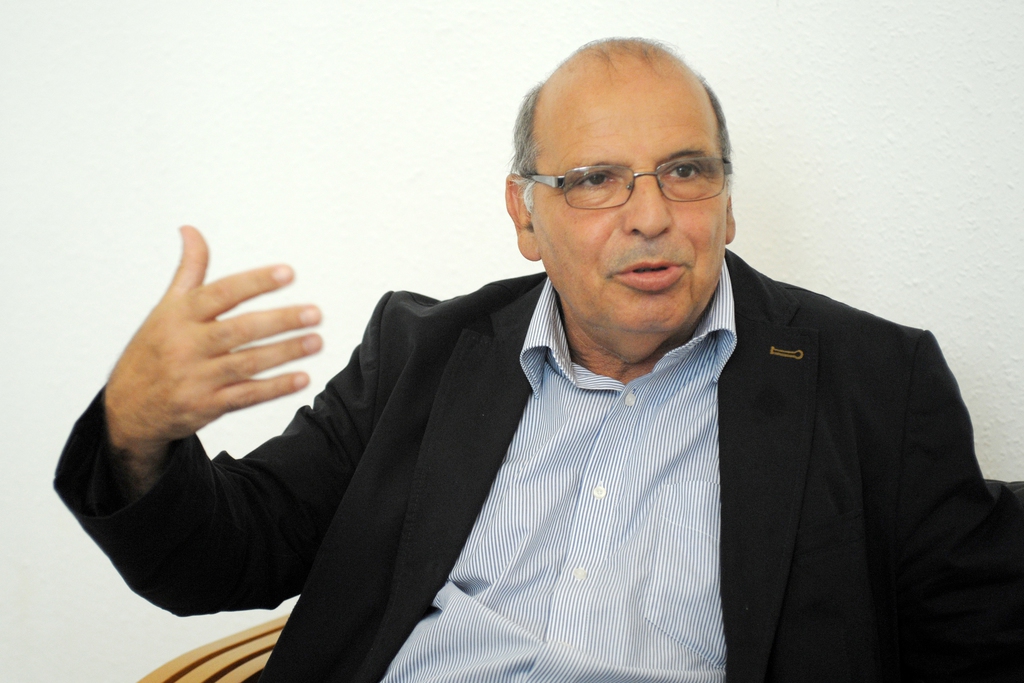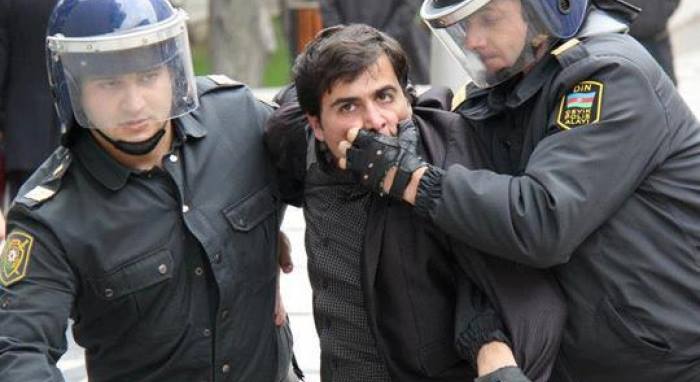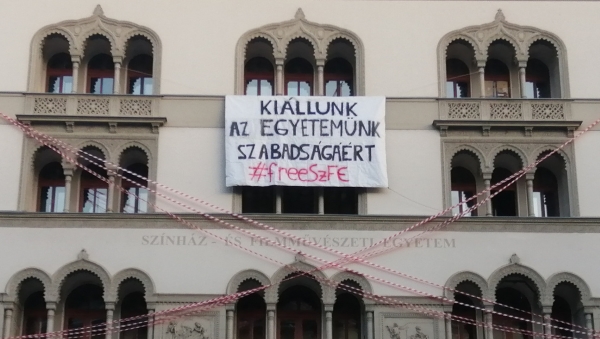Having entered into force on January 1st of the new year, this is a law which, had it been in effect at the time of the EU enlargement, would quite likely have prevented Hungary’s membership in the European Union. In other words, it is my contention that the media regulation and scheme of supervision instated by Act 185 of 2010 on Media Services and Mass Media (the “Media Act”) and its ancillary legislation are in conflict with the core values of the European Union, particularly its prevailing principles of freedom of the press. While this brief analysis is confined to examining the Media Act itself, I hasten to point out that, looking at the events of the past half year, the drive to rein in the freedom of the press and of expression is far from being an isolated constitutional issue in Hungary. Indeed, the list includes such measures as the authorization of legislation with retroactive force to the detriment of legal subjects; the restriction of fundamental rights, most notably the right to property; assaults on the independent judicial review; personnel and staffing decisions affecting the independence of institutions that should be independent; and the changing of the constitutive process to the effect of enabling the ruling two-thirds majority to completely deprive the opposition even of the little say they would otherwise have.
The following is a list of my most important objections to the Media Act, each of which I will then proceed to briefly elaborate.
1. the way in which the Media Act was adopted, which runs against the grain of both domestic rules and European values of proper legislative process, aggravated by the complete lack of social debate;
2. the undemocratic nature of the architecture of supervision as enacted;
3. the Media Act’s transgression of generally accepted liberal and democratic principles by extending the government’s powers of oversight to the printed press and the new media, including online news publication in its entirety and a significant portion of blogs;
4. the unprecedented scope of powers conferred, the nebulous definition of the legal grounds for imposing sanctions, and the threat of arbitrary application.
Ad 1:This law, which is supposed to deal with the means of ensuring access to information, was formulated in the most profound secrecy. In Hungary, as in the entire European Union, the freedom of information is guaranteed by laws that are particularly rigorous in conception and execution. In any constitutional democracy in Europe, such rules have been enacted to govern legislative processes and electronic access to public information, for instance by requiring all draft legislation to be publicly disclosed and opened up for professional and social debate. These rules notwithstanding , the drafts of the Media Act and its associated bills were consistently kept from the scrutiny of interested parties, namely the journalist organizations and citizens at large. The disclosure requirements were circumvented by having pro forma MPs, instead of the government itself, submit “individually sponsored” legislative proposals, which are not subject to the disclosure safeguards.
Ad 2: Certainly a curiosity by international standards, the intensely hierarchical model of controlling power institutionalizes political influence, infringing upon the independence of not only the media and programming but of the supervisory body as well. The President of the National Media and Infocommunications Authority — with its vastly augmented powers of supervision over the converged technological aspects of the media and content regulation — is appointed for a term of nine years (more than two parliamentary cycles) at the discretion of the Prime Minister, and may be appointed to the office more than once. The President then appoints a deputy whom she will be at liberty to recall any time without explaining the reasons for doing so. The office itself is headed by a director general, also appointed by the President, and also subject to being relieved without an explanation.
The director general of the Broadcast Support and Property Management Fund, which has discretionary rights over the assets of public media and the allocation of various support funds, is also appointed and recalled by the President. The Media Act marks the end of the economic independence of certain public program providers, including Hungarian Radio, MTV (Hungarian Television), and Danube Television, whose entire assets are being transferred to the Fund overseen by the President.
Thousands of journalists and programmers will be reassigned to the same umbrella organization. Public service media will no longer create their own programs but commission them from the Fund. News reporting will be centralized. On the pretext of frugality, events deemed newsworthy will be featured in programs created by the same single crew and then distributed among all the public channels.
The Media Authority is vested with the “right to inspect, examine and make duplicates and extracts on any and all data media containing data, document and deeds — even if containing secrets protected by law — related to the media service provision, publication of a media product or broadcasting.” Moreover, the Authority is entitled to request such data from third parties and, in case of non-compliance, to impose a fine. Furthermore, the President appoints the Commissioner, an ombudsman-like official to the Authority, whose powers of investigating alleged violations of consumer interests remain virtually unlimited due to being ill-defined. The Commissioner for Media and Communications may not pass decisions with binding force but does possess the right to access any information or document, and reports directly to the President on his investigations. The Commissioner is not only appointed by but also subordinated to the President who exercises employer’s rights over him and his staff.
The President of the Authority at once presides over the Media Council, the body that passes the most important material decisions.
Taking advantage of its two-thirds majority in Parliament and the abolition of the former parity-based mechanism, the ruling Fidesz party has made sure that no one other than their own candidates are delegated to the Media Council.
Even though the ruling party and the opposition may delegate the equal number (three each) of candidates to the Board of Trustees of the Public Service Media Foundation, the predominance of the ruling party is once again assured, since the Media Council is entitled to nominate the chairman and an additional member.
Without a proper tender procedure and by the unanimous vote of delegates exclusively from the ranks of the ruler party, it was this body that elected the general directors of public broadcasters, whom we must therefore regard as political appointees.
In my opinion, all genuine social control over public media is absent in this scheme. The Public Service Council, the body set up for this function, is comprised of members delegated by non-governmental organizations, such as the historic churches, the Academy of Science, minority organizations, and family protection groups, that do not overlap with the real articulation of Hungarian society, and who maintain less than intimate professional relations with the media.
Ad 3: Both in its scope and the philosophy of its conception, the new media regulations transgress the boundaries of European constitutional democracy that have been affirmed by the Constitutional Court of Hungary. The European legislative tradition is to respect the difference between the legal restrictions imposed on respective types of media. The deepest intervention has been deemed acceptable in the regulation of the electronic media (radio and television), initially because of the nature of frequency as a limited resource, and later citing the unmatched power of these media to shape public opinion. Since the press won the fight for the abolition of censorship in the 19th century, legal action has served as the only basic means to guard against rights violations committed in the printed media. These days, the Internet is certainly the freest medium of all. Incomprehensibly, the new media law seeks to regulate communications in diverse media — online, printed, and electronic — based on the same standardized criteria. Indeed, there has been no official explanation whatsoever for empowering the new Authority to monitor and severely sanction the printed press. It is equally difficult to grasp why the Authority should have the right to monitor and sanction news portals and blogs, provided that they also edit post commercial advertising.
The new scheme of bidding for frequency allocations lacks transparency and does not rule out the possibility of arbitrary decisions, in flagrant disregard of resolutions adopted by the Constitutional Court to date. If the Media Council is dissatisfied with the bids, for instance due to “considerations of media policy,” it may choose not to announce a winner at all, or to wait until it happens to receive a bid to its liking. It has the authority to scrutinize all radio, television, and other audio-visual content and put it to the test of what the law calls “balanced nature.”
The new professional “self-regulatory” bodies remain at the mercy of the new Authority, in terms of discretionary powers, operation, and information.
Ad 4: The grounds for imposing fines so severe as to be fit to ruin a media enterprise are vague and described in general legal terms, such as offense to any public interest, any majority or minority, constitutional law and order, and human dignity. On the suspicion that an individual right has been violated, the Council may bring a process even if the subject himself has not objected to or been even aware of the alleged violation. Media enterprises found to be in repeated grave infringement of the new rules may be simply struck from the register by the Council, in a blatant infringement of the freedom of the press. All the while, the Media Act neglects to define what such a “grave infringement” should consist of, other than the default on broadcasting fees.
The sponsors of the Media Act have sought to defend this new legal package by arguing that each of its constituent elements can be located in the media regulations of one or another European country. Even if there were no doubts as to the truth of this assertion — and there are — the argument would hardly be valid. Lining up the worst provisions of each European law side by side would yield a result sorely out of tune with our shared European norms and values.
Brussels, January 11. 2011





